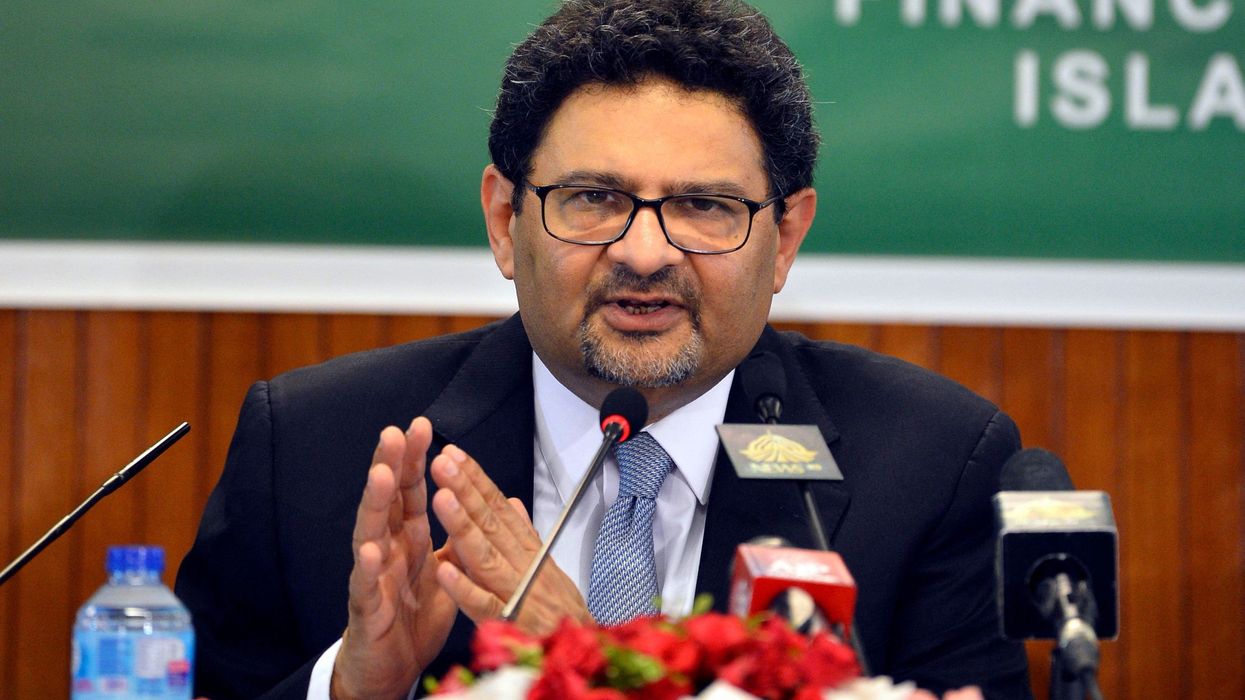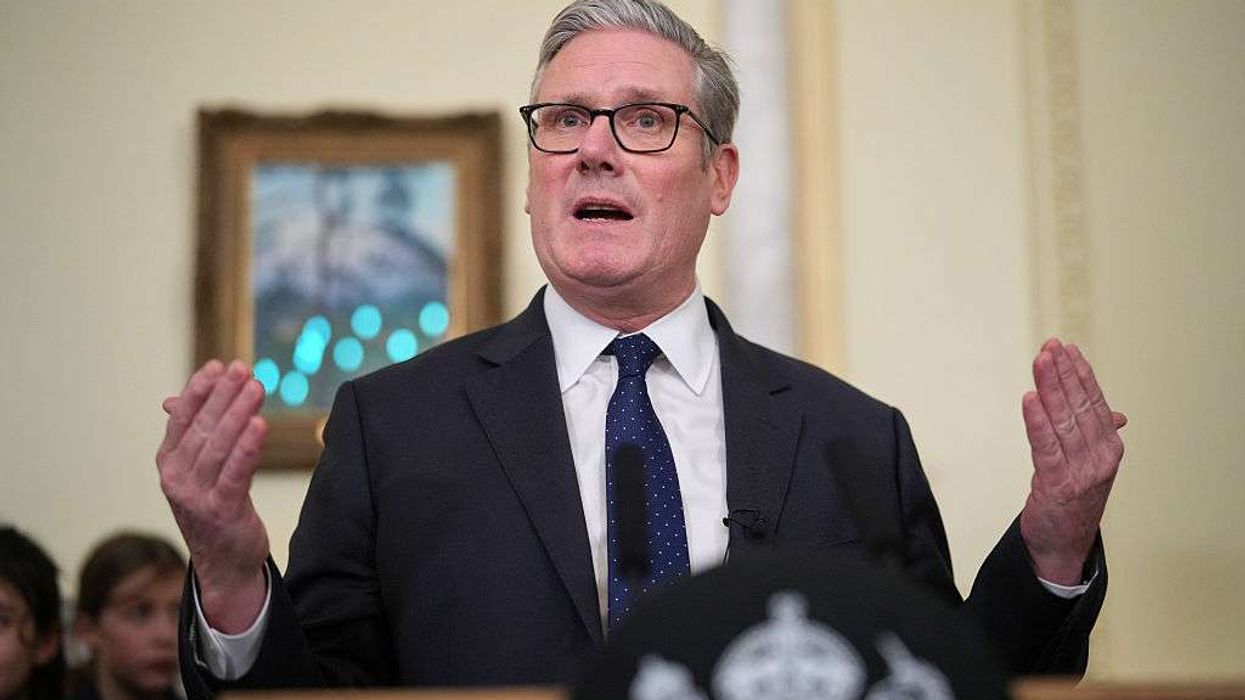Pakistan is going through a "very difficult" phase, said the country's Finance Minister Miftah Ismail on Saturday, a day after he presented the federal budget 2022-23 in the National Assembly.
Addressing a press conference in Islamabad, the minister began by cautioning that Pakistan was going through an unprecedented period, which he described as "very difficult". "I have never seen a more difficult time in the past 30 years where on the one hand the international environment is very challenging and the government or administration has worsened and nothing was done to resolve issues," Dawn quoted the Pakistan finance minister as saying.
He said that Pakistan is producing electricity at costly rates because of poor administration. Ismail said he was "not being alarmist", but the country's economy "cannot bear it".
The Pakistani finance emphasised the need to "fix things", adding that "We can't afford expenditure for which we don't have the capacity."
"It is unfortunate that we have to approach other countries for packages, loans or deposits," he lamented. "Pakistan is an honourable country and a nuclear power. We have to set our economy right."
On Friday, Ismail presented the budget of 9.5 trillion rupees for the upcoming fiscal year starting from July 2022 to June 2023 at the lower house of the country's parliament.
In his speech in the parliament, the minister said that out of the total 9.5-trillion-rupee budget, an amount of 3.95 trillion rupees has been allocated for debt servicing, whereas 800 billion rupees have been earmarked for the next year's public sector development program.
Pakistani Prime Minister Shehbaz Sharif called the budget balanced, progressive and pro-people.
"Making a budget in financially challenging times with so many constraints is no less than a herculean task ... Through this budget, my government will steer our way out of these challenges by taking tough decisions while minimizing the impact on vulnerable segments of the population," the prime minister said.
Pakistan Tehreek-e-Insaf (PTI) Chief Imran Khan rejected the budget for the new fiscal year presented by the incumbent government, calling it "anti-people" and "anti-business".
"We reject this anti-people & anti-business budget presented by imported govt," Khan tweeted, saying it is based on "unrealistic assumptions" on inflation and economic growth.
"Budget is based on unrealistic assumptions on inflation(11.5 per cent) and economic growth(5 per cent). Today's SPI of 24 per cent indicates that inflation will be between 25/30 per cent which on the one hand will destroy the common man," he said continuing the thread on Twitter.
Imran went on to say that weekly inflation, as measured by the Sensitive Price Index (SPI), came in at about 24pc which also indicates that inflation will be between 25-30pc. It will not only destroy the common man but on the other hand, also retard economic growth due to high-interest rates.
All tax reforms and pro-poor programmes introduced during the PTI government had been shelved, he said lambasting at Shehbaz government.
(ANI)












